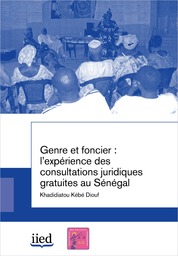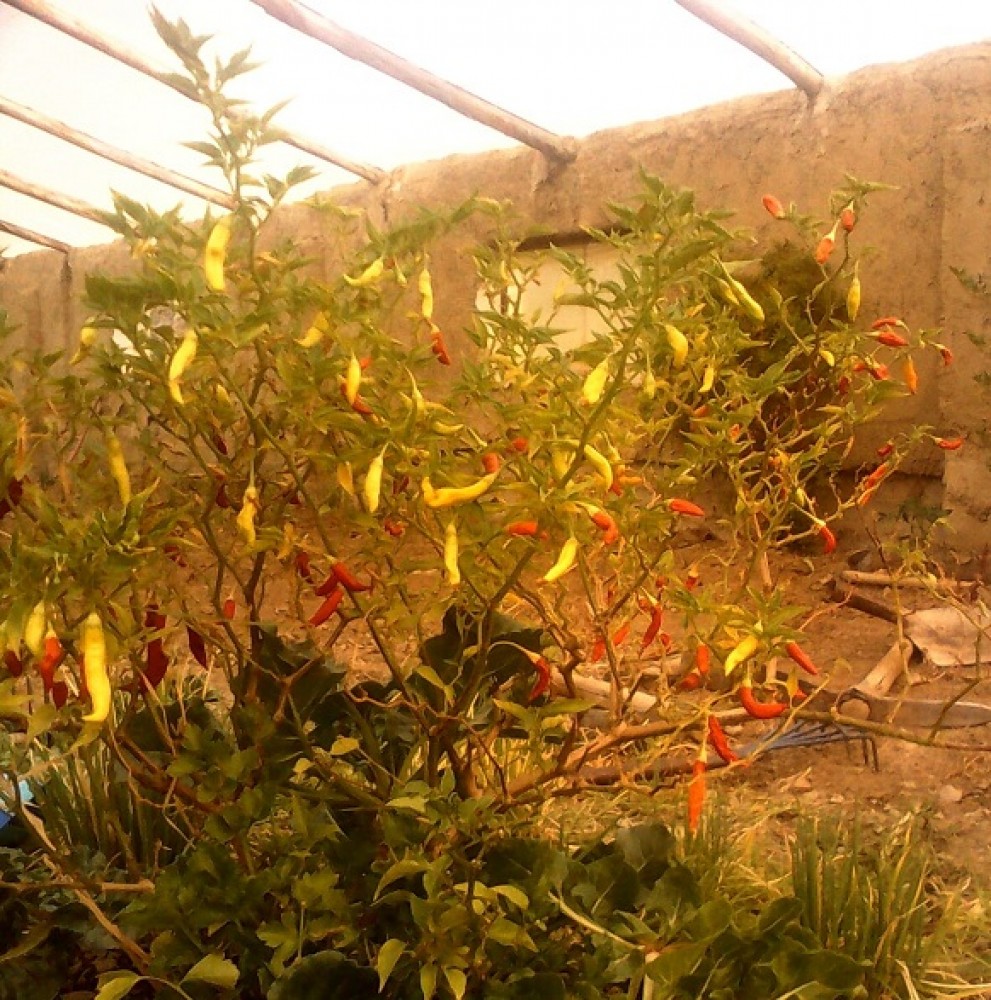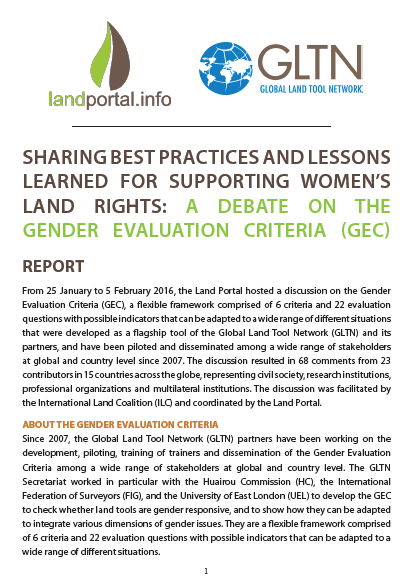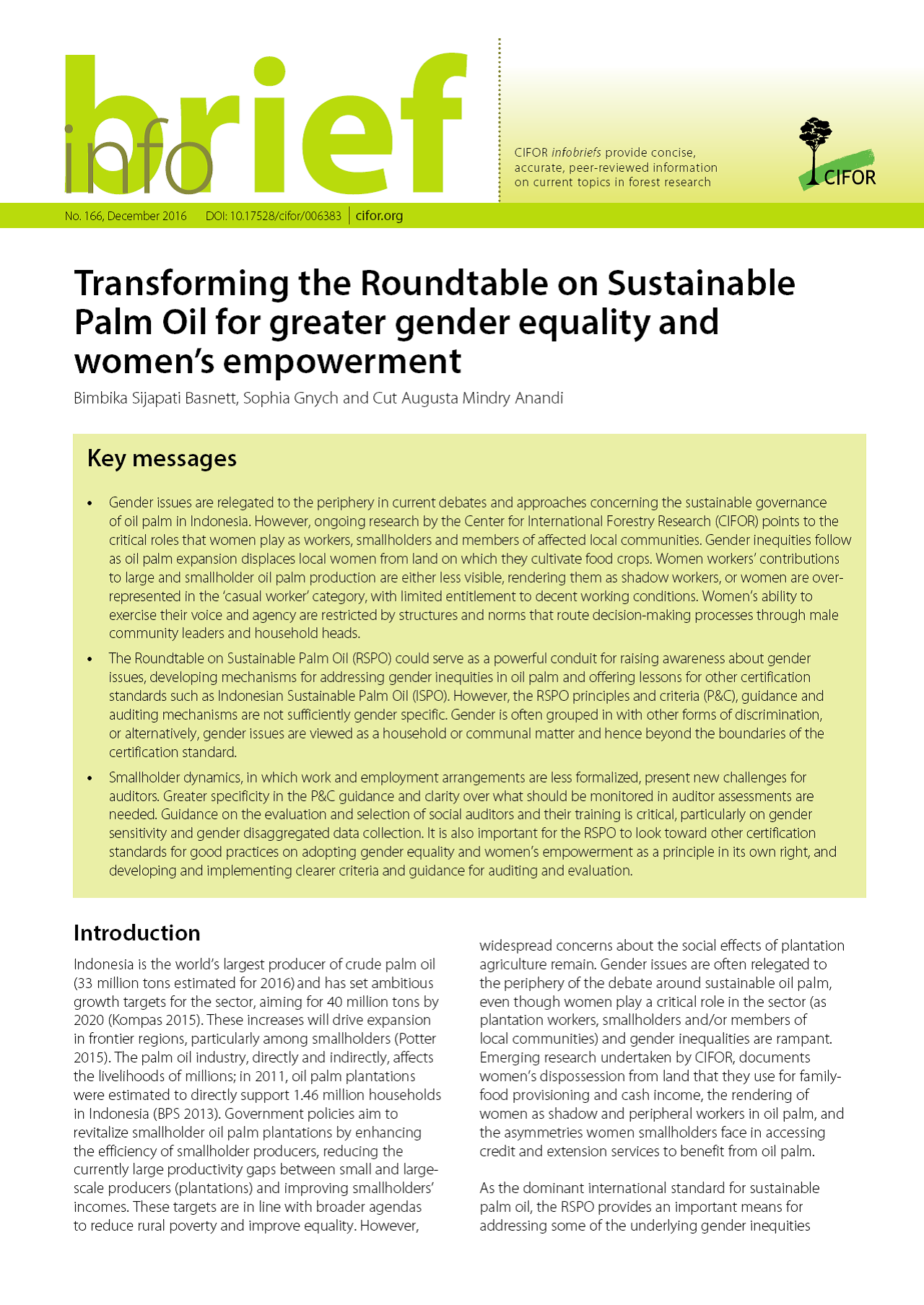Gender and Land Statistics
Secure tenure rights and control over land for women and men farmers are key to boosting smallholder productivity, rural development and food security. However, in many parts of the world, men and women have inadequate access to secure property rights over land. Women are particularly disadvantaged: even though they constitute on average 43 percent of the agricultural labour force in developing countries, women’s ownership of agricultural land remains significantly lower than that of men.








